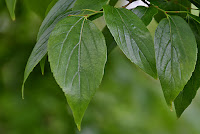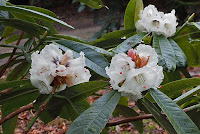<> Libythea myrrha Godart,1819 <>
the Club Beak ผีเสื้อหัวแหลมกระบอง
Click on any photo to see larger version
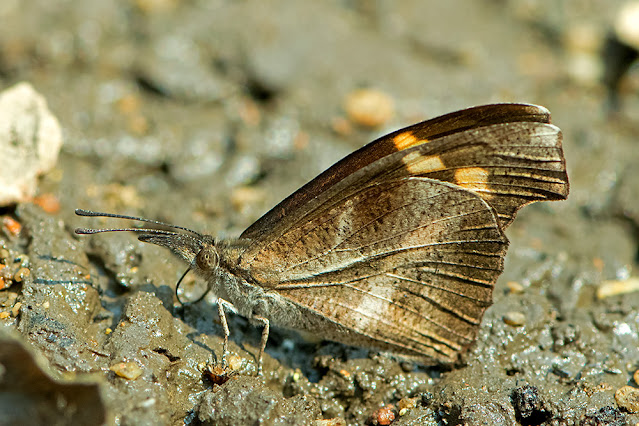
Photo taken at Doi Suthep-Pui National Park, Chiang Mai, Thailand. 620m a.s.l.

Quite common and widespread across the region. Members of this family are easily recognised by the long palpi or beak from which their common names are derived. Both sexes are very similar in appearance and size. Multivoltine with several broods per annum.
Synonyms and previously used names: Libythea sanguinalis
Taxonomy: Animalia - Arthropoda - Insecta - Lepidoptera - Nymphalidae - Libytheinae - Libythea - myrrha
Regional Distribution: India, Nepal, Bhutan, Bangladesh, Myanmar, Thailand, Laos, Vietnam, China, Malaysia, Indonesia, Philippines
Habitat: evergreen and deciduous forest, up to 1200m a.s.l. Wingspan: 45-55mm
Flight time: all year depending on location
Larval Hosts: Celtis philippensis, Celtis sinensis, Celtis tetrandra, Celtis timorensis (Cannabaceae), Tragia involucrata, Tragia plukenetii (Euphorbiaceae). Actual host plant used depends upon location and availabilty of plant species.
Adult Food Sources: Nectar - Coelogyne corymbosa (Orchidaceae), Rhododendron grande (Ericaceae). There may be other nectar sources although this species is not seen visiting flowers very often. Other: mud puddling, animal dung and urine.

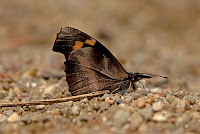
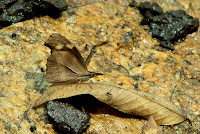

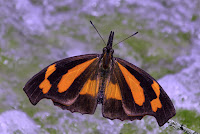
%20galleryNU.jpg)
